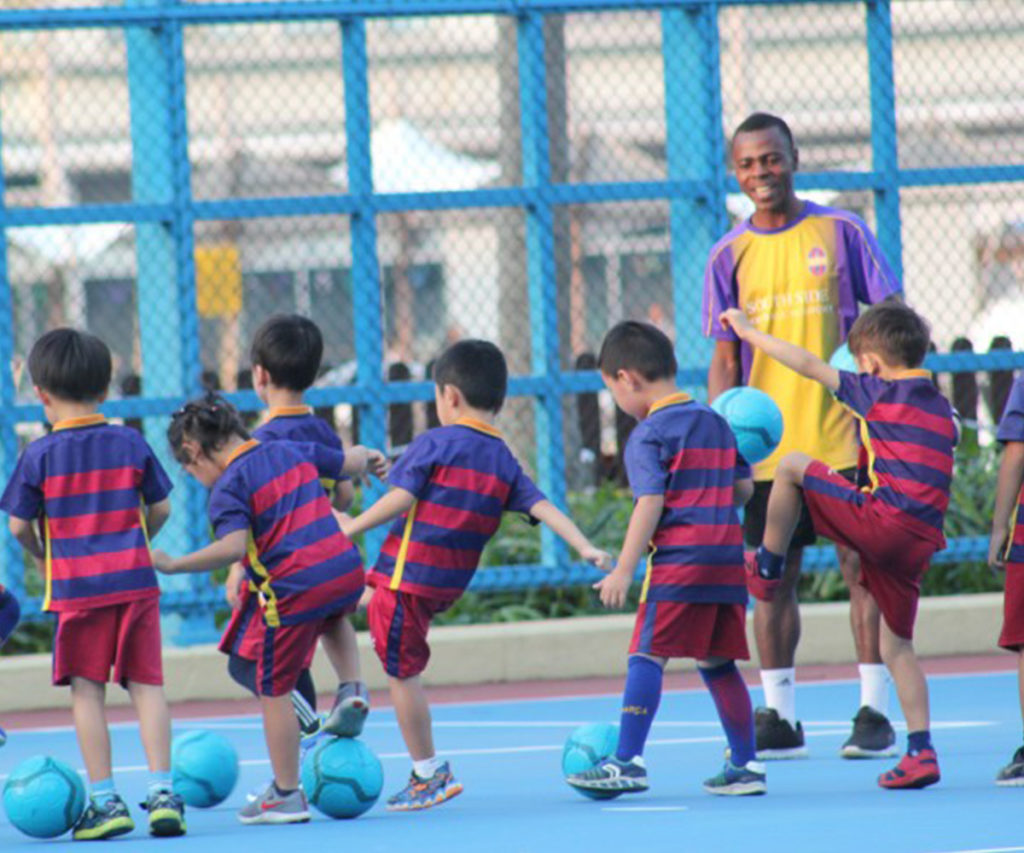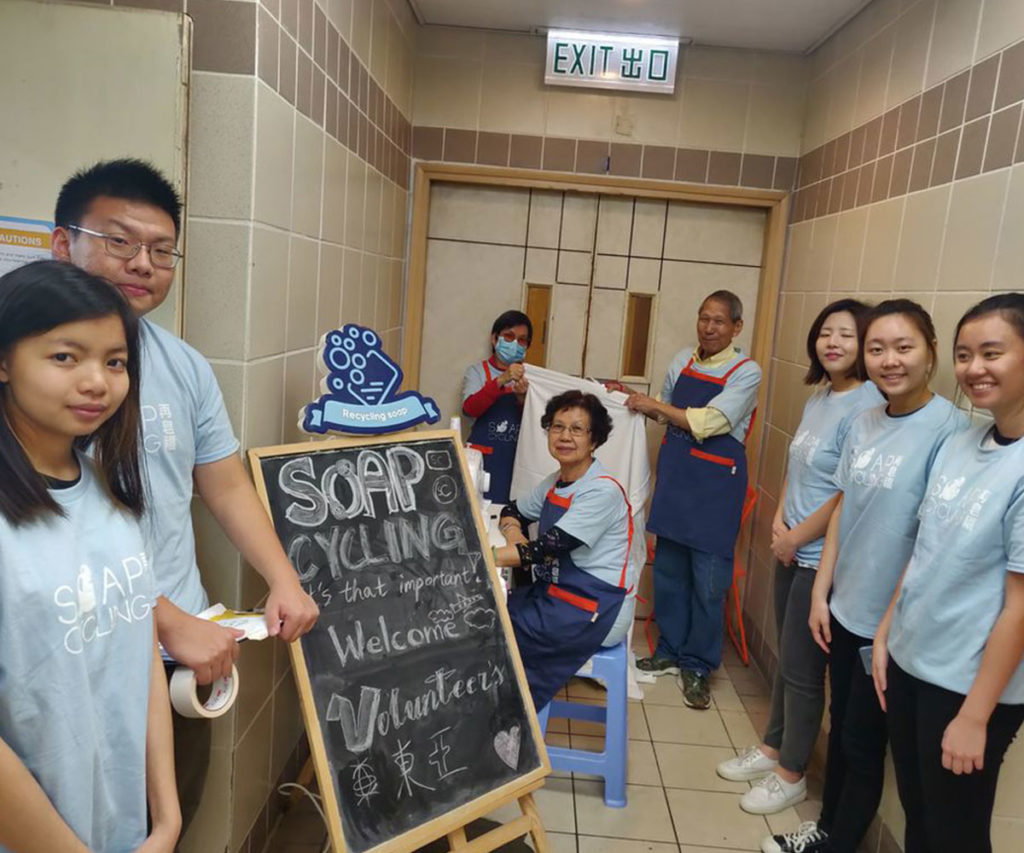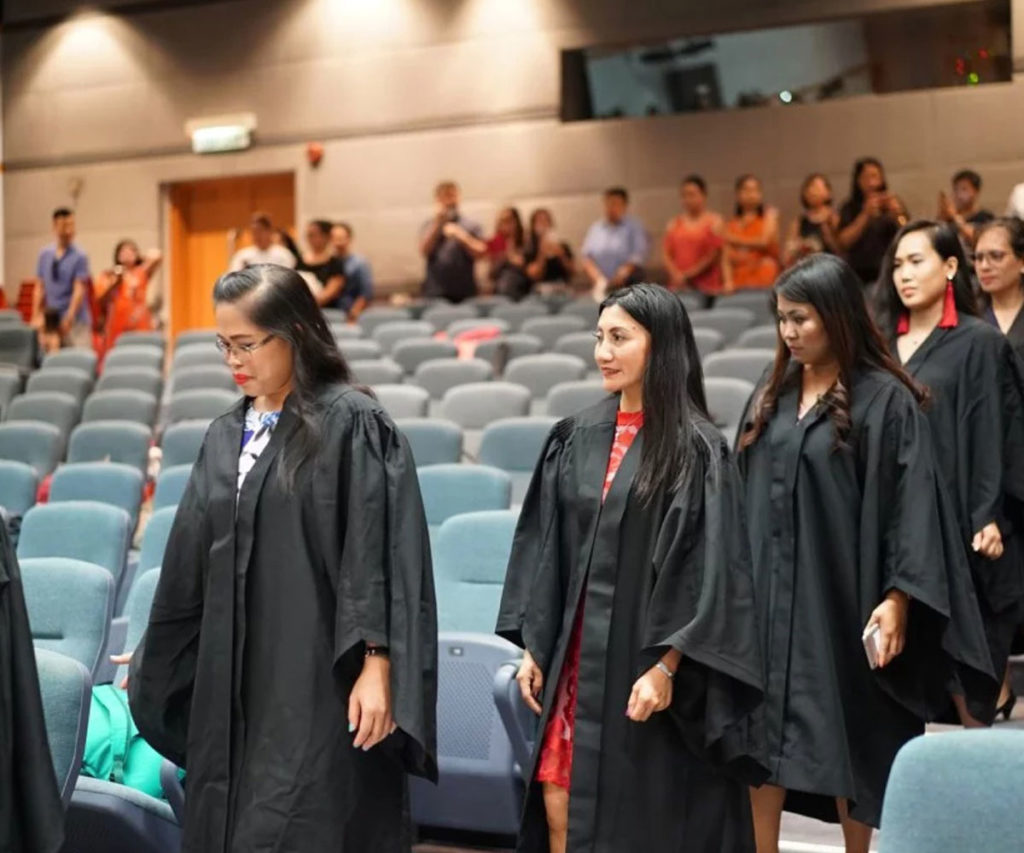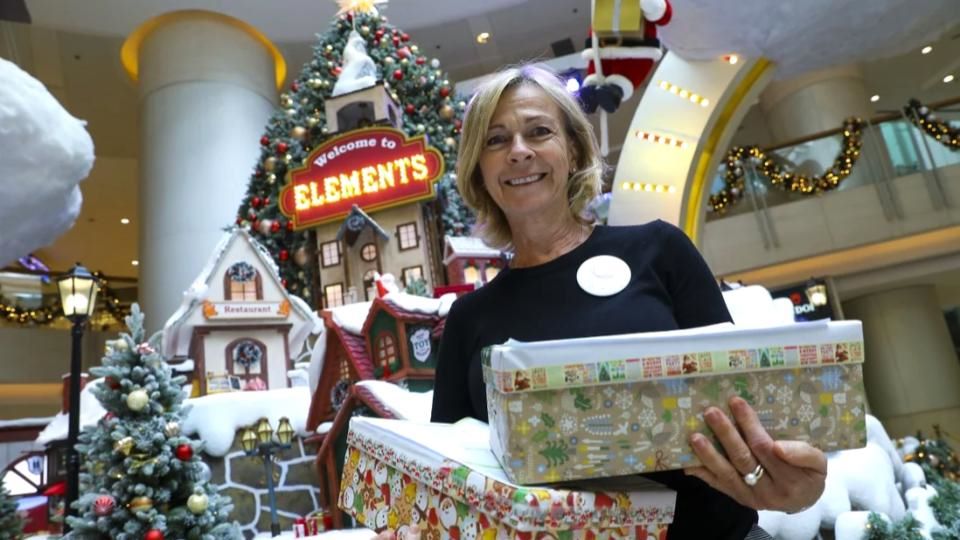It was at a charity bazaar that FSI and The Blomstre first connected. Having become a loyal customer of The Blomstre’s hand-crafted natural, organic, human- and animal-friendly, and cruelty-free soy wax candles, TC Li, our Communications Manager, would subsequently introduce FSI’s Mentorship Program for Ethnically Diverse Entrepreneurs to Aaron Que and Jerwine Que, the sprightly husband-and-wife duo behind The Blomstre.
That came at a time when Jerwine and Aaron were contemplating ways to increase the organic growth of their business. As mentees of the inaugural Mentorship Program, they were matched with a mentor and experienced entrepreneur, Henry Kam Yuen Yeung, and an ICF Hong Kong Charter Chapter coaches, Caroline Chapman and John Azzo. Together with others in the same cohort, Jerwine and Aaron would become the first members of FSI’s ever-growing reciprocal community for ethnically diverse entrepreneurs.
At FSI, we are thrilled to see the leaps of faith Jerwine and Aaron have taken since they completed the Mentorship Program. Read our interview with the couple proudly scaling their thriving business to find out why they think joining the Mentorship Program is one of the best decisions they have ever made.
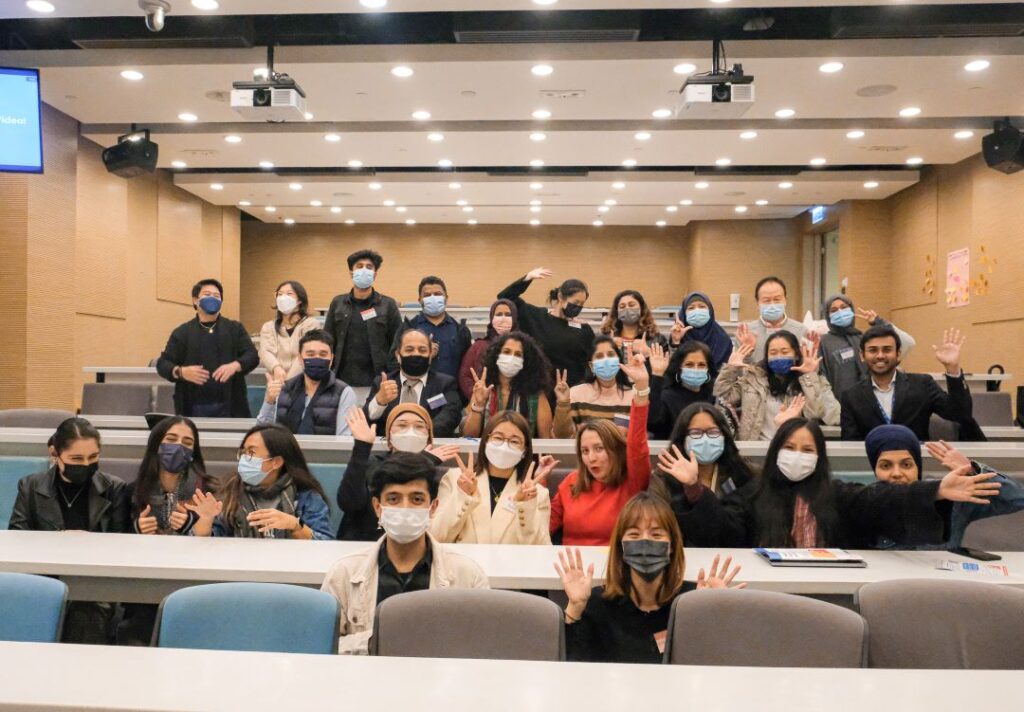
Tell us why you joined FSI’s Mentorship Program for Ethnically Diverse Entrepreneurs in 2022?
Jerwine: Hong Kong is an amazing place for entrepreneurs and business-minded people, it is a competitive yet welcoming market. As a Filipino-owned business based in Hong Kong, we had this feeling that we had to work twice as hard. So we were constantly going to pop-ups weekly and monthly so that we could grow our business organically. That’s where we met a lovely customer, who introduced FSI to us, and that’s why we joined the Mentorship Program.
The first time we met TC was at a charity bazaar in Jordan. And then there was another time when we were doing a mall pop-up, and TC’s husband kindly came to return the empty candle jars and then purchased more candles. What we try to do, even though we’re a small business, is to educate people that sustainability is one of our priorities, and we do refills for our candles. TC is not only very big on sustainability but also very supportive of local businesses like us. That’s why our business has been able to survive throughout the years – it’s because of people who support our business.
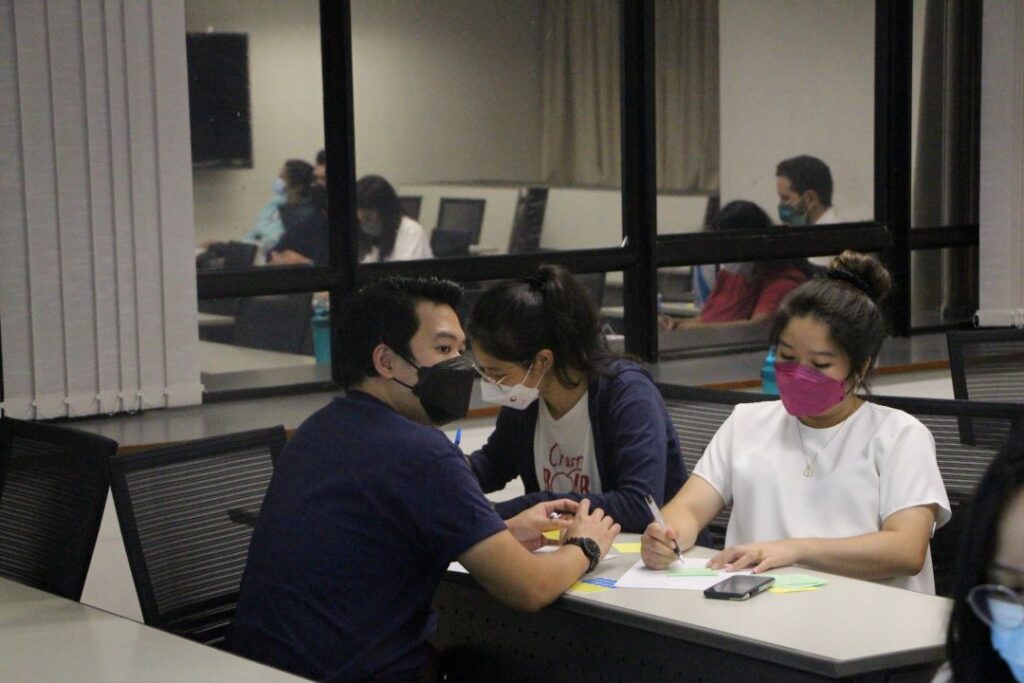
You did wonder whether you should be joining as a mentee or mentor. What made you decide to join as a mentee in the end?
Aaron: I started my entrepreneurship journey in 2011, when I was in high school. The lifestyle we had in the Philippines was very different. You have to work a bit to buy the stuff you want. I was courting Jerwine at that time, so I needed extra cash to buy her teddy bears!
Jerwine: I have had 10 years of experience in corporate accounting, and five years of retail experience. But even with the combined experiences we have, we felt that there was still a lot of room to learn more. I’m not saying that we’re not confident as a mentor, but we felt that we could be our best version as a mentee, especially since, growing up, we don’t have a lot of people as mentors. So I wanted to make sure that we were equipped with the skills and knowledge to take our business to the next level. That’s why we signed up for the program as a mentee. Best decision ever!
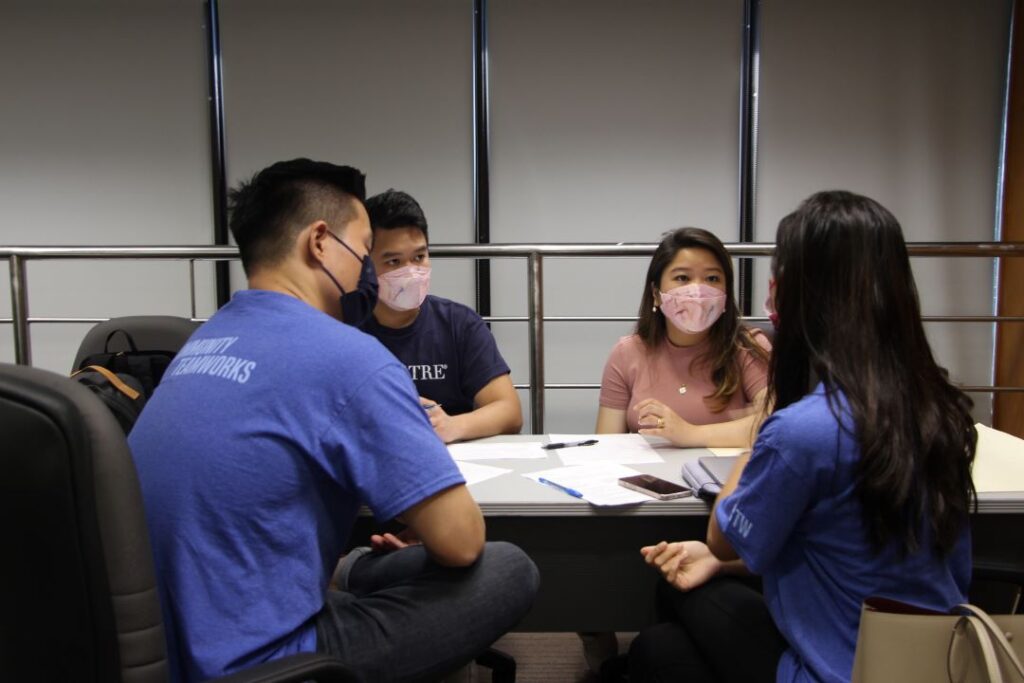
Aaron and Jerwine participating in an FSI Impact Jam workshop where Goldman Sachs Community TeamWorks volunteers consulted with entrepreneurs in FSI’s network to help them with business pitching skills.
What was your expectation of the Mentorship Program and how did your experience turn out to be?
Jerwine: We wanted to gain more general business knowledge. Luckily, FSI’s Mentorship Program allocates a mentor and a coach to every person participating in the program, which I personally like. The expertise that Henry and Caroline brought in eventually gave us an equipment to actually move forward in our business, while we continued to dream big, knowing that we had the tools to execute our dream.
At the Mentorship Program, we found others who also dreamed big, too. It’s not just limited to small business owners. I remember there were people who joined the program because they wanted to fight climate change. There were two girls who wanted to write their own books representing the culture they were from. And then there were also people who were trying to pivot in their career. So it’s really quite diverse, not just ethnically but in general, which I appreciate, because back then I was very pregnant, and my excitement to do a lot of things was quite heightened!
Another thing I really appreciate about FSI’s Mentorship Program is that even though I was pregnant, I was being welcomed. In other places I would likely be told to pass on the opportunity because of “concerns for my health”. But FSI didn’t turn me down because of that. Rather, you welcome me more because this is an experience, and as long as we can commit to it, then why not?
What are your biggest takeaways from the program?
Aaron: We were doing pop-ups whenever we could, as much as we could, before we joined the program. Henry, our mentor, helped us understand how we can make projections three months or six months into the future.
Jerwine: What Henry helped us to do was to be realistic without limiting us from dreaming big. We had a session where we would dream big, and then we take that dream and see whether it’s realistic. If it’s realistic, then we would think of ways to achieve it. So Henry helped us to break down the goals. Before, we had so many goals. As artisans, there’s always so many things you want to do. But what’s really essential is to actually execute it.
When we joined the program, I still had my full-time job. Caroline, our coach, helped me to think through whether I should continue with my corporate job or step out of my comfort zone to run this business with my husband full-time. One of the key things that I really appreciated about Caroline was that she wasn’t dictating what I should do, but rather, she asked me the right questions to help me make the decisions.
If we didn’t join the Mentorship Program in 2022, the way we mature as business owners now would have been completely different. That’s why I usually introduce FSI to people as a way of giving back. The Mentorship Program doesn’t just benefit me and Aaron but also the whole team.
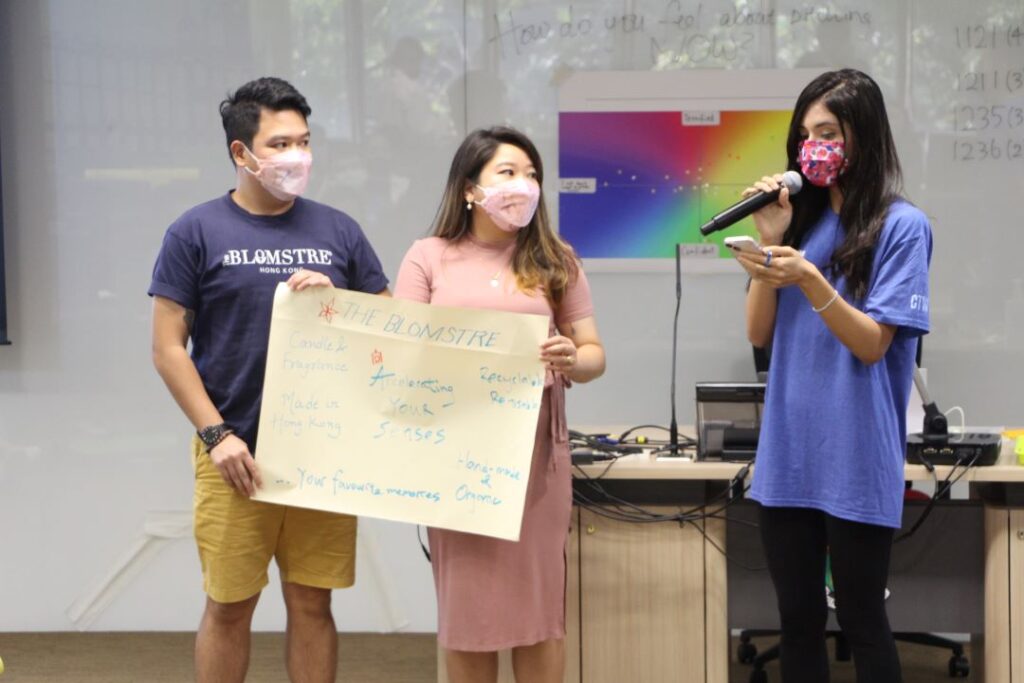
Were there any memorable moments from the program?
Jerwine: I cannot stress this enough but I really love the mentorship and coaching sessions because we’re learning and applying our learning at the same time.
The program also has a structured workshop lineup so that every time you attend a workshop, it’s a different topic. For example, there was a workshop for fundraising, which is very essential for entrepreneurs like us.
Aaron: Henry helped me unlock many answers. We were always scared of taking risks. Before, we were making our candles at home. Jerwine was very pregnant back then, and we were thinking, if we’re just making one scent or one candle, that’s okay, but if we’re doing 12 different candles, then it would become overwhelming and the baby would not like that.
So then we asked Henry, “Do you think we should rent an office? Is it doable?” We were scared of thinking that, because it’s our first time, right? I remember he just told me that it’s okay to take the risk, as long as it’s a calculated risk.
Jerwine: Yes, that’s right! Welcome to our studio, by the way. This is the fruit, the product of our learning from the Mentorship Program. Thanks to FSI for finding us an amazing mentor! That’s why I really liked the experience. The list can go on, actually. As Filipinos, we didn’t really have any idea about how to grow our business in Hong Kong. And we had limited resources back then. But apparently, we already had the resources we needed, we just didn’t know we had them and how to utilize them. So that’s how the program helped us.
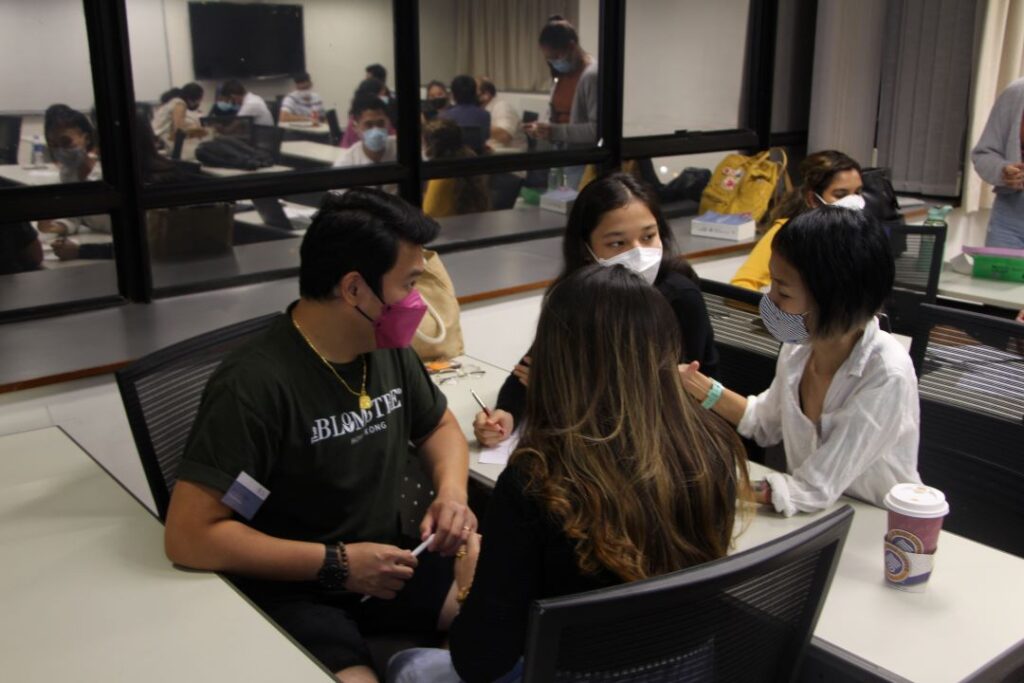
How have you changed as entrepreneurs before and after taking FSI’s program?
Jerwine: One of the key improvements we have made is our time management. Before, we would put things on our calendar mindlessly. But it got to a point where we actually have to categorize our calendar items and include more details about the items. For example, what’s the event for? Is it for a meeting, is it for a workshop, is it for a pop-up, is it for a production day? It becomes more essential for us to work more smartly – we need to know what we’re looking at in a day.
Another thing is leveraging the skills that we already have but we just didn’t know how to use them before. For example, back in 2022, I still had my full-time job and Aaron was in the process of semi-quitting. It was a crucial time because we didn’t know if quitting our nine-to-six job is ever worth it to pursue something that’s very uncertain. But we took a leap of faith, and we started leveraging the entrepreneurial and networking skills that we have after the FSI program.
Before, we would go to an event, we would meet people, and that’s it. The chance of us getting back to those people we met was low, because we didn’t know how to utilize them. So we put their contacts and business cards in another folder and think about it later.
Aaron: I remember it got to a point where the drawer was full of name cards!
Jerwine: So we weren’t able to utilize our contacts before. After joining FSI’s program, Henry and Caroline helped us understand that the contacts we had were the way to connect with more people. Now, we have a proper CRM database where we would input the name cards and other information of the people we meet.
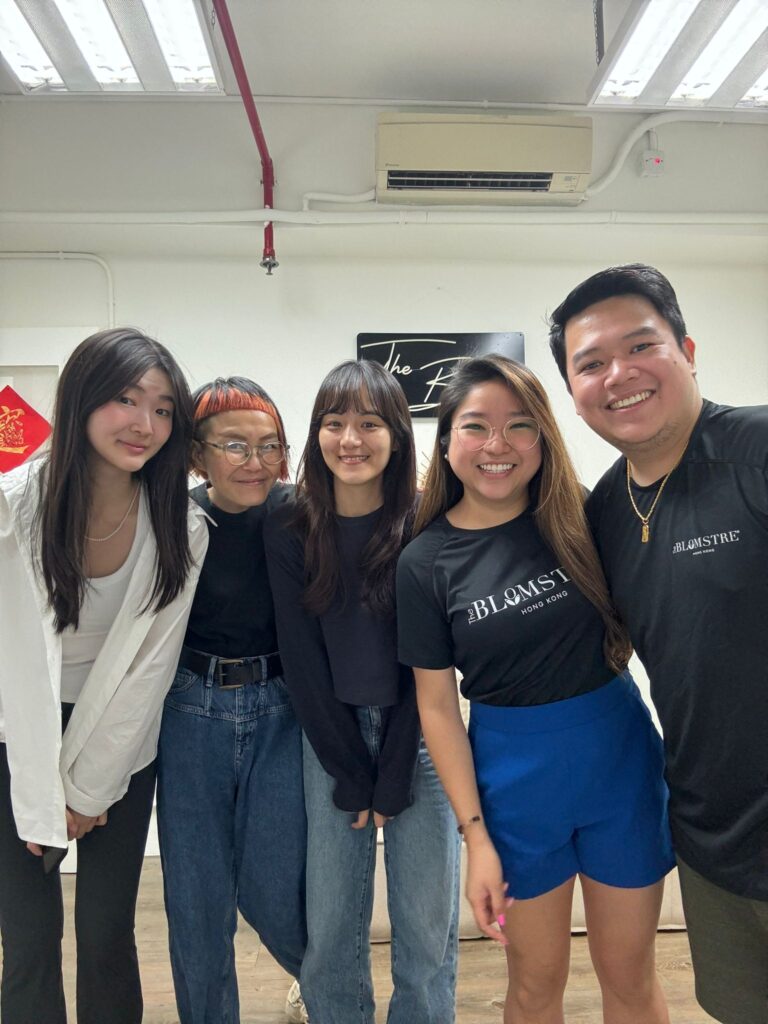
Who do you think should join FSI’s Mentorship Program?
Jerwine: Someone who is looking for opportunities to take their business to the next stage but is unsure how to do it. Or people like us, who are always very driven, open-minded, and excited to try something new. Those are the two types of people that, I believe, should be able to get a lot from the program.
Using The Blomstre as an example of beneficiaries, how different do you think FSI’s Mentorship Program is to other similar programs that support grassroots ethnically diverse entrepreneurs? Does it fill any gaps of needs? If yes, what are those gaps?
We have limited first-hand experience with other similar programs, but from what I have heard from others, usually they would be matched with one mentor or one coach. However, with FSI’s program, we were graciously given both, so there’s mentorship and also coaching.
Other programs would usually only allow one representative from an organization or business to join. But FSI’s program allowed us to join as the whole Blomstre team, so everyone could learn at the same time.

